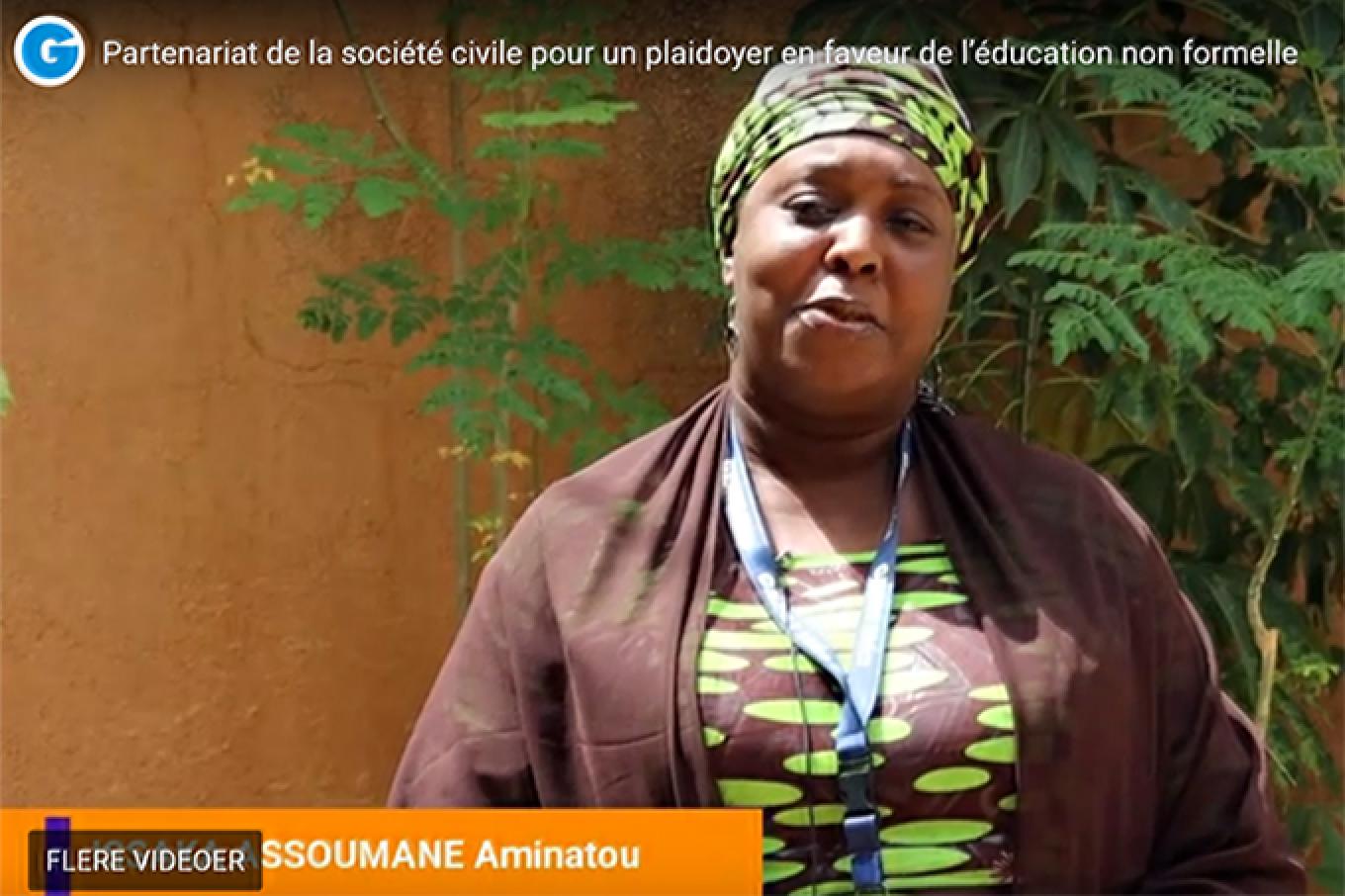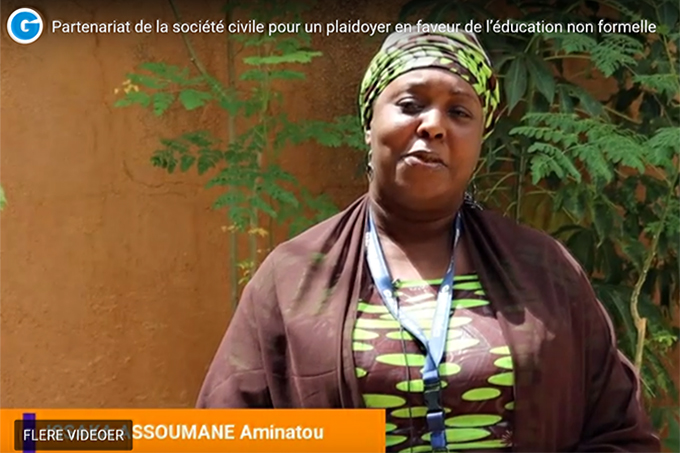
Civil Society Partnership for Advocacy for Non-Formal Education
The Sahel region is currently experiencing a very rapid increase in population. At the same time, the security situation is deteriorating and social unrest is increasing. The burden of maintaining peace and security and other basic social services is reducing the share of government budgets devoted to education and job creation for young people.
The proportion of 7-14 year olds not attending primary school is becoming very high, up to 38% in Mali. Also, about half of the 15-24 year olds in Mali are now literate. Among those who are still in school, regular PASEC assessments show a general decline in educational achievement in all Sahelian countries.
The issues of youth entrepreneurship and employability are a major concern in these countries. This project aims to find solutions to this social crisis by promoting literacy and non-formal education (NFE) in four Sahelian countries: Burkina Faso, Mali, Niger and Chad.
NFE is an alternative way of training adults and reintegrating those excluded from formal education systems. The overall objective is to create a sub-regional environment conducive to the promotion of NFE and to better collaboration between governments and civil society.
Our preliminary analyses in the four project countries show the potential of youth in promoting security and development. It also shows that young people everywhere face problems of poor education and training, which leads to unemployment and underemployment. This affects their self-esteem and can even lead to their social exclusion, with the corollary of joining violent extremist movements.
The strategy adopted aims to promote the provision of NEFA through capacity building of actors (communication, advocacy and use of evidence) and mobilisation of parallel resources for the sector. It also aims to strengthen the demand for NFEA through the valorisation of the sector in the eyes of the population and through a roadmap for the repositioning of NFEA as a sub-sector with socio-economic development potential.
The envisaged action mechanism takes into account the recurrent insecurity, the rapid increase in needs and the scarcity of resources in these countries. A first specific objective (OS1) is to federate the efforts of civil society through the establishment of national coalitions (COSENF) and an inter-country coalition (CISENF) to support the NEFA. The members of these coalitions will then have their capacities strengthened in evidence use, advocacy and strategic communication (SO2). They will then advocate with governments for increased budgetary allocations to the non-formal education sub-sector while mobilising the private sector (SO3).
Finally, they will conduct campaigns to attract out-of-school and out-of-school youth and adults to this sub-sector while proposing a roadmap for its repositioning as a social development strategy.
